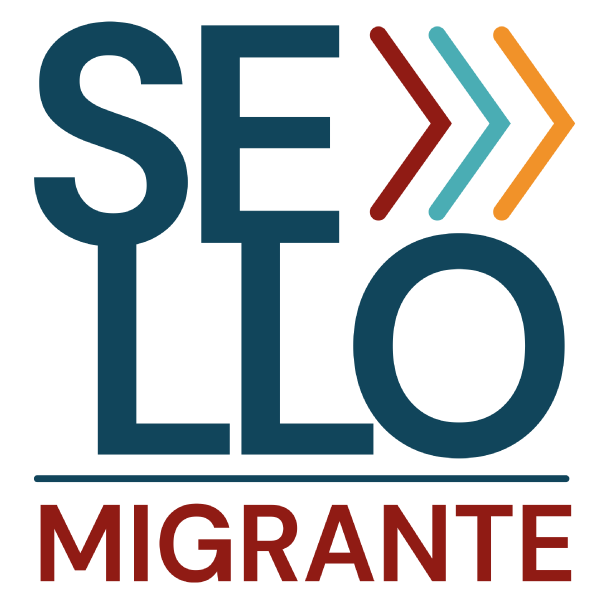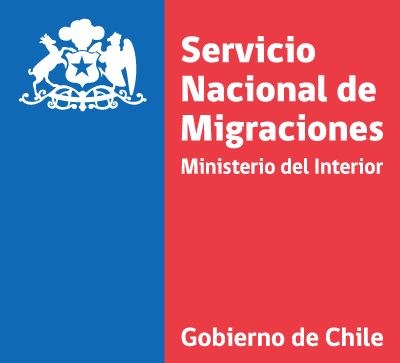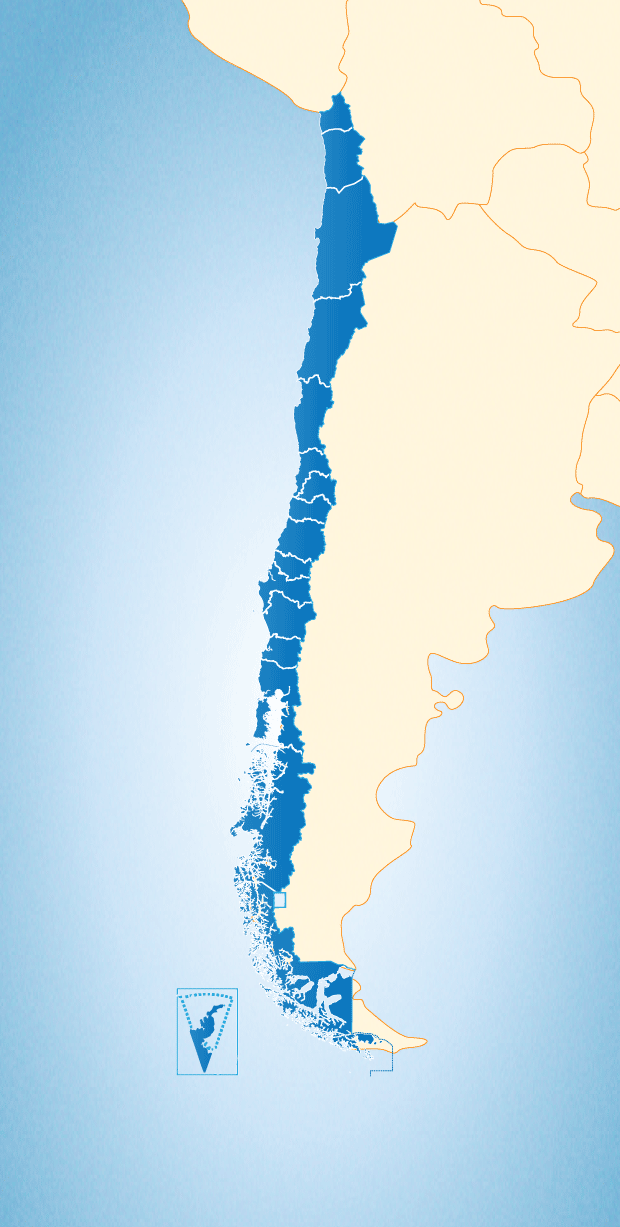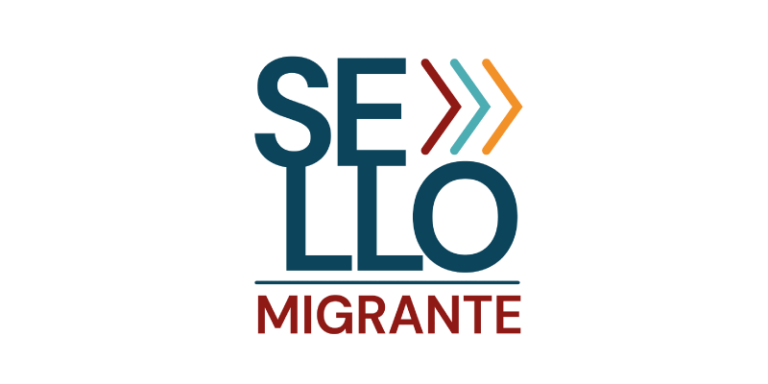
The Sello Migrante (Migrant Seal) is an initiative of the Department of Inclusion that seeks to strengthen the institutions of local governments in terms of inclusion, interculturality and access to rights of migrants and refugees, through the management and execution of activities, actions and projects with regional perspective, collaborative and networked with other internal areas of the Servicio Nacional de Migraciones (SERMIG) and related external institutions.
Which commitments do the municipalities make when they obtain the Sello Migrante?
By signing the Carta de Compromiso (Letter of Commitment), through their Mayor and Municipal Council, municipalities officially undertake the commitment to obtain and maintain the Sello Migrante issued by SERMIG. This implies:
Having an institutional framework that addresses migrant reality
The Sello Migrante requires either a designated person or municipal structure to lead the work with migrants and refugees, which entails at least:
- Creating or strengthening community institutions in charge of leading the efforts towards the migrant and refugee population.
- Devising, developing and evaluating the Municipal Work Plan to obtain and consolidate the Sello Migrante.
- Monitoring and analyzing the processes of attention to the migrant public by the municipal services, in order to standardize them with a focus on rights.
- Providing relevant and timely information for foreigners in the commune.
Carrying out a training plan for municipal personnel in this field
The change towards a culture of welcome, hospitality and non-discrimination is a process that requires the design, implementation and evaluation of a Community Training Plan for its employees, which is expected from the municipalities:
- Training "municipal coaches" who will be the main actors in the development of the Community Training Plan.
- Keeping a record of personnel who have undergone these sensitization and training processes.
- Assessing the workshops given to its employees.
Implementing inclusive and non-discriminatory local public policies
This requirement aims to ensure that municipal policies, plans and programs have a focus or perspective on the protection of the rights of migrants in their design, implementation, evaluation and public accounting, which entails:
- Promoting the generation of inclusive local social policies in the areas of housing, labor and education.
- Encouraging inclusion in the design of community policies of the proposals made by the Consejo de Política Migratoria (Migration Policy Council).
Having programs to encourage the regular migratory status
Migratory regularity allows migrants and refugees to better integrate into the society that receives them. Therefore, the municipality must have programs to support regularization.
Supporting the associativity and participation of migrant communities in communal instances
The recognition of intermediate groups is established in Article 1 of our Constitution, so obtaining the Sello Migrante is intended to help forming intermediate groups comprised of migrants. That said, the municipalities must:
- Encouraging the possibility of association.
- Include migrant organizations in local decision making.
- Providing information related to citizen participation and the exercise of political rights of migrants.
How to join the Sello Migrante initiative?
If you are part of a municipality, send us
an email and we will contact you.
Adhering, certified and revalidated municipalities
Geolocation of Migrant Offices
Find the offices of the municipalities adhered to
Sello Migrante, in the IDE of Subdere.
Useful information *

Repository of good practices

Resources of interest for municipalities
- Practical guide: Development of Municipal Migration Policies. SERMIG, OIM, Centro de Políticas Migratorias, 2025.
- Characterization and diagnosis – Intercultural Mediation Program. SERMIG, 2024.

Guidance resources for users
-
Documents that enable a foreign person to work in Chile. SERMIG, 2024.
* Prepared by UNHCR and SERMIG, 2024 in spanish only.
- Foreign persons authorized to apply for a commercial patent in Chile. SERMIG, 2024.
- Temporary Residence, Chile-Bolivia Reciprocity Agreement. SERMIG, 2023.



